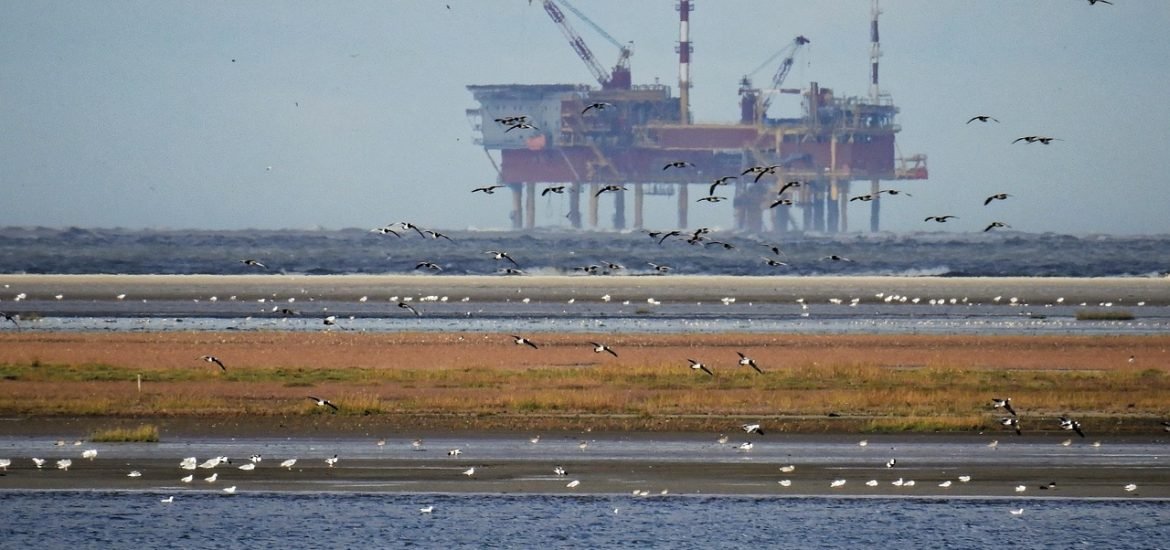
Opening new North Sea oil fields clashes with the Paris Climate Agreement, according to a new report published by UCL academics. The authors suggest this would not keep warming below 2°C relative to preindustrial levels.
The team from ECL Energy Institute is calling on the UK government to stop new licences for oil and gas exploration and refuse development consent for already-licensed fields. The researchers also urge the Government to stop the development of licensed North Sea oil fields, including the Rosebank and Jackdaw oil fields, whose approvals were deemed unlawful by a Scottish court in January this year.
“Climate impacts are already threatening people’s homes, our farming and our economy, so reducing emissions is now urgent. We’ve brought together the peer-reviewed scientific literature on oil and gas, which sends a clear message: there’s no room for new fields to be opened. When you’re in a hole, you have to stop digging,” said lead author Greg Muttitt from the UCL Energy Institute.
The researchers analysed the latest scientific evidence regarding the implications of new oil and gas extraction projects, especially recent peer-reviewed research papers published in leading academic journals, including Science and Nature, and hundreds of other peer-reviewed studies, reports, and datasets.
The analysis showed that if the world burns all the oil and gas in existing fields, the resulting carbon dioxide emissions would warm the planet more than the 1.5°C limit defined in the Paris Climate Agreement. As such, new oil and gas fields could aggravate the problem even further.
The latest estimate of “committed emissions”—burning fossil fuels from oil and gas fields that are currently operating or under development—would add up to 469 gigatonnes of carbon dioxide. This alone is three times the amount of carbon dioxide needed to push the planet past 1.5°C of warming.
The authors believe the timing of the study is crucial as the UK Government faces two significant decisions about new oil and gas fields in the North Sea: first, how to implement a policy of stopping new exploration licenses, and second, whether to re-approve development of the Rosebank and Jackdaw fields.
“Our report lays out the evidential basis for rejecting new field development consents on climate grounds. More broadly, this is a real chance for the UK Government to show world leadership in an important aspect of climate action. The UK has long been recognised as an influential climate leader. Ending new licences and consents for oil and gas exploration and production would send a powerful signal to the rest of the world about the need to stop expanding fossil fuel production,” said co-author Dr Fergus Green, from UCL Political Science.
“The planet has a limited remaining carbon budget, and oil and gas production from existing fields is already likely to exceed this limit. It’s critical that that in order to meet climate goals under the Paris Agreement, no new oil and gas fields should be permitted. The UK has the opportunity to further demonstrate its role as a global climate leader by restricting new production while ensuring a just transition for the oil and gas sector in the UK,” added co-author Professor Steve Pye, from UCL Energy Institute.
The report can be found at www.ucl.ac.uk/policy-lab/our-reports.